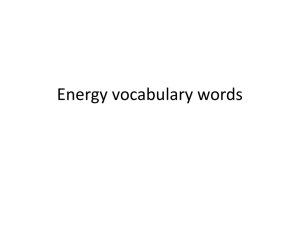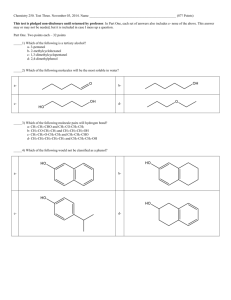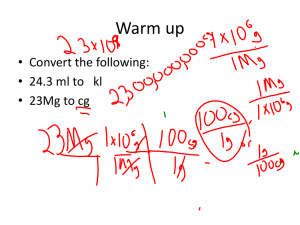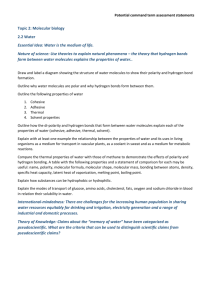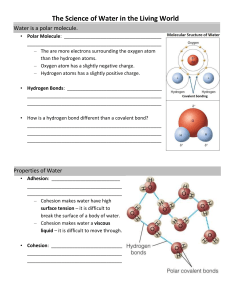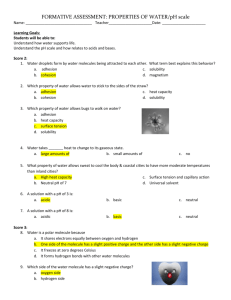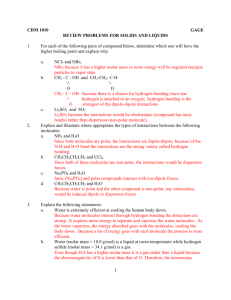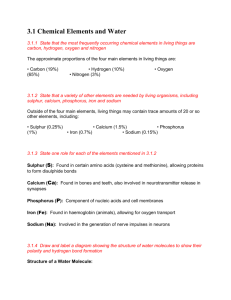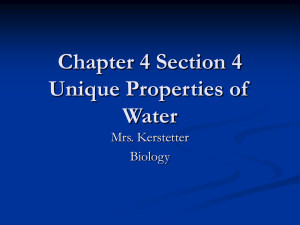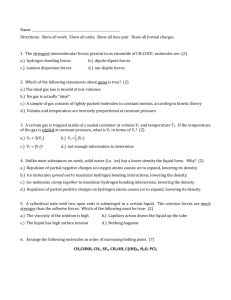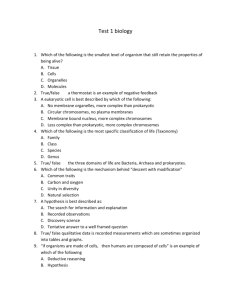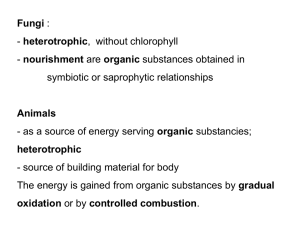Direct Conversion
advertisement
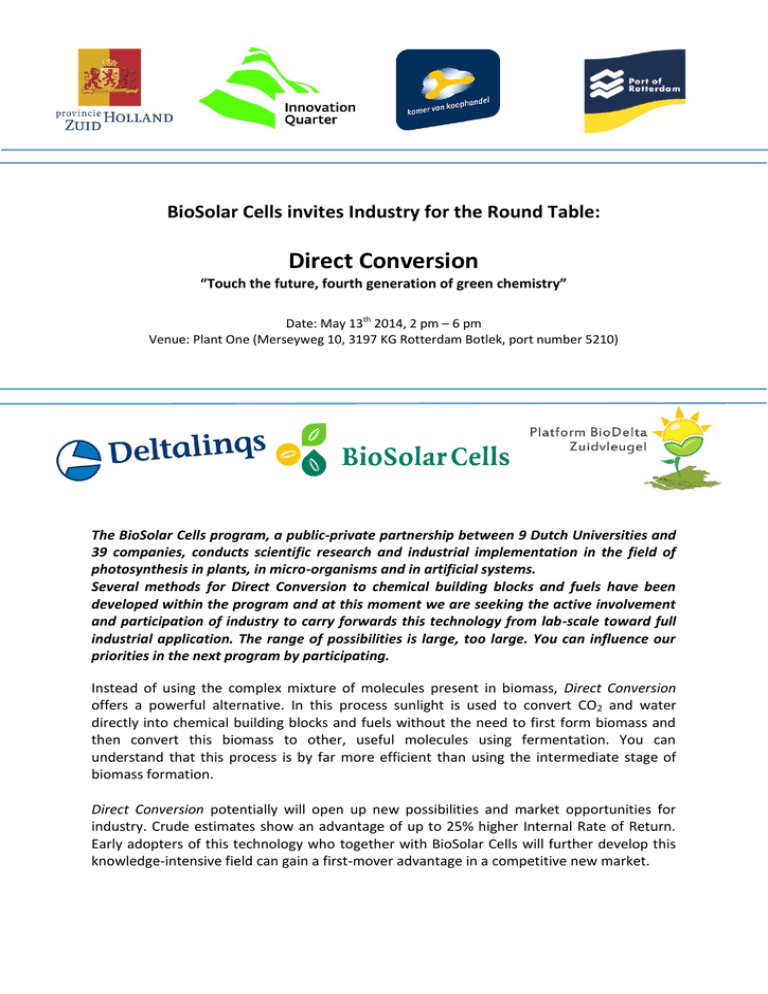
BioSolar Cells invites Industry for the Round Table: Direct Conversion “Touch the future, fourth generation of green chemistry” Date: May 13th 2014, 2 pm – 6 pm Venue: Plant One (Merseyweg 10, 3197 KG Rotterdam Botlek, port number 5210) The BioSolar Cells program, a public-private partnership between 9 Dutch Universities and 39 companies, conducts scientific research and industrial implementation in the field of photosynthesis in plants, in micro-organisms and in artificial systems. Several methods for Direct Conversion to chemical building blocks and fuels have been developed within the program and at this moment we are seeking the active involvement and participation of industry to carry forwards this technology from lab-scale toward full industrial application. The range of possibilities is large, too large. You can influence our priorities in the next program by participating. Instead of using the complex mixture of molecules present in biomass, Direct Conversion offers a powerful alternative. In this process sunlight is used to convert CO 2 and water directly into chemical building blocks and fuels without the need to first form biomass and then convert this biomass to other, useful molecules using fermentation. You can understand that this process is by far more efficient than using the intermediate stage of biomass formation. Direct Conversion potentially will open up new possibilities and market opportunities for industry. Crude estimates show an advantage of up to 25% higher Internal Rate of Return. Early adopters of this technology who together with BioSolar Cells will further develop this knowledge-intensive field can gain a first-mover advantage in a competitive new market. At the BioSolar Cells round table: Direct Conversion “Touch the future, fourth generation of green chemistry” In cooperation with Deltalinqs, Port of Rotterdam, Platform BioDelta Zuid-Holland, Innovation Quarter, Kamer van Koophandel and the Province of South Holland, we will present the following topics: Production of hydrogen gas with artificial photosynthesis. Inspired by nature, devices are developed that can split water into hydrogen and oxygen using sunlight as energy source. The goal is the development of next generation solar panels that will produce hydrogen gas. These will allow high efficiency and low cost hydrogen generation for industry and urban areas. Cell factories. The “green” way to produce chemical feedstock like ethanol, butanol, ethylene and other alcohol-based building blocks just from CO2, water and sunlight. Engineered cyanobacteria in photo-bioreactors can produce the entire suite of molecules that are currently made by classical fermentation technology, and more. AlgaePARC. Microalgae are the ideal organisms for the production of feedstock for food, feed, chemicals and fuel. Algae cultivation is being optimized and fine-tuned on a semiindustrial scale. Designer molecules from plants. Higher plants have the ability to produce highly complex molecules with applications in, for instance, food, feed and pharma. Once isolated, these biosynthetic pathways can be transferred to microorganisms for industrial scale production ; fast, controlled and flexible, in line with changing market needs. Enzymatic conversion of carbon dioxide. Using industrial-grade enzymes CO2 can be converted into methanol. A cost-effective production route involving the use of co-factor mimics is under development, as well as routes to higher alcohols. These topics will be presented by scientists from the different Universities participating in the BioSolar Cells program, and, more importantly, by representatives of industries currently already involved in our research and eager to enter within the next few years the new market of Direct Conversion. BioSolar Cells has to decide on its priorities in developing feedstocks and fuels. You can influence these priorities. Give us your opinion. At the event, there will be the possibility to contact and directly interact with scientists and entrepreneurs in order to become fully informed about the opportunities that these new Direct Conversion technologies can offer to you. To register for this event, please visit www.biosolarcells.nl
